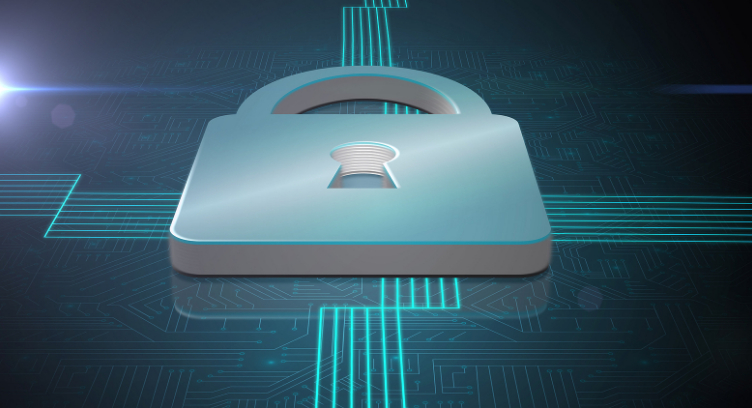Nokia and its partners yesterday announced the successful completion of Europe’s first live hybrid quantum encryption key trial with Proximus. Using technology from Nokia, ID Quantique and evolutionQ, Proximus was able to establish a quantum-safe optical network connection using quantum key distribution (QKD) to successfully encrypt and transmit data between two datacenters located in Brussels and Mechelen, Belgium. The live demonstration represents a significant milestone in the development of quantum key technologies and highlights the future of network security in the era of quantum computing.
Quantum computers are expected to usher in a new world of possibilities with the power to solve currently unsolvable problems. However, they can also pose a significant risk to online security, capable of breaking some of today’s most widely used security protocols in a matter of seconds. To prepare for Q-day - the eventual day when quantum computers are capable of performing sophisticated computations that can break asymmetric, mathematical based encryption schemes - enterprises, operators and governments will need to ensure their data and networks are safe from quantum attacks. Quantum cryptography allows operators to use the principals of quantum mechanics to encrypt and send messages securely.
The trial with Proximus highlights how quantum cryptography can be implemented in a live network to help protect against malicious hacks or attacks from future quantum computers. Using Nokia’s Quantum-Safe Networks solution alongside hardware and software from ID Quantique and evolutionQ which create, distribute and manage the quantum keys, Proximus was able to encrypt data running over its live optical network and use photonic properties to ensure the safety of the data transmitted. Adding an additional layer of security, Nokia’s SMS (Security Management Server), a quantum-safe key generator and orchestrator, provided classic quantum-safe encryption using symmetric key distribution in instances where the stability of data using QKD were compromised or altered.
Geert Standaert, Chief Technology Officer at Proximus
Network security is not just a vital business priority; it’s the bedrock upon which our digital operations thrive. In an increasingly interconnected world, where data breaches and cyber threats loom large, protecting our networks is paramount. To prepare for Q-day, we need to take the proactive steps to safeguard our critical systems from quantum threats and this live trial is the first step. Working with Nokia and its partners, we’re confident that we’ll be able to continue to safeguard our critical systems and successfully navigate the ever-evolving threat landscape in the quantum computing world.
James Watt, President Optical Networks Division at Nokia
The trial we did with Proximus and our partners represents a groundbreaking leap forward in securing our digital future. We’re excited to demonstrate the industry’s only hybrid quantum key distribution system which we believe will be essential to unlocking a safer and more resilient digital landscape. By combining the inherent properties of quantum mechanics with symmetrical cryptography, operators can safeguard their networks today against current and future Q-day threats such as store now, decrypt later activities.
Rudy Hoebeke, Vice President of Product Management, IP Networks Division at Nokia
Today’s trial with Proximus is an industry milestone in network security. With the industry’s only hybrid quantum encryption key solution, we’re able to provide Proximus with an unprecedented level of data security and resilience against existing and future threats stemming from the inevitability of Q-day. It also opens the door to new quantum-safe services for customers seeking to safeguard intellectual property or critical sensitive data against sophisticated quantum based cyber-attacks.


















